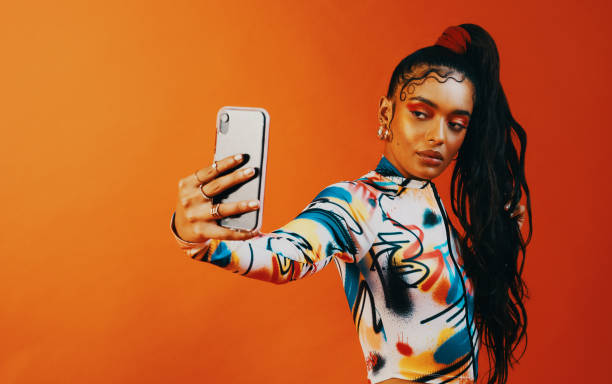
FAQ About Becoming an Influencer
Becoming an Influencer
2 years ago | gizem
How can I protect myself legally as an influencer?
Protecting yourself legally as an influencer is crucial to ensure compliance with regulations, safeguard your intellectual property, and mitigate potential legal risks. Here are some steps you can take to protect yourself legally:
- Familiarize yourself with advertising guidelines: Understand the advertising guidelines and regulations that apply to influencers in your country or region. For example, in the United States, the Federal Trade Commission (FTC) provides guidelines on disclosing sponsored content. Comply with these guidelines to maintain transparency with your audience and avoid legal consequences.
- Use clear and conspicuous disclosures: Clearly disclose sponsored content, affiliate links, or any material connections you have with brands. Use prominent and easily understandable disclosure labels such as "#ad," "#sponsored," or "paid partnership." Place disclosures where they are easily noticeable and don't require additional actions from your audience to find them.
- Create comprehensive contracts: When working with brands or engaging in collaborations, use written contracts that outline the terms, expectations, deliverables, and compensation. Clearly define the scope of work, usage rights, payment terms, and any other relevant details. Consider consulting with a lawyer specializing in influencer contracts to ensure your contracts are comprehensive and protect your rights.
- Protect your intellectual property: Copyright your original content, including photos, videos, and written materials. Use watermarks or copyright notices on your content to discourage unauthorized use. If someone infringes on your intellectual property rights, be prepared to take appropriate action, such as issuing takedown notices or seeking legal recourse if necessary.
- Protect your personal data: Be mindful of privacy and data protection laws when collecting and storing personal data from your audience. Comply with applicable laws, such as the General Data Protection Regulation (GDPR) in the European Union, and have a privacy policy in place that explains how you handle user data.
- Review brand partnerships and agreements: Before entering into collaborations, carefully review brand agreements, contracts, or influencer marketing agreements. Understand the terms and ensure they align with your brand values, obligations, and desired level of compensation. Seek legal advice if needed.
- Stay informed about legal developments: Keep yourself updated on legal and regulatory developments related to influencer marketing. Subscribe to industry newsletters, follow relevant legal publications or consult with legal professionals specializing in influencer law to stay informed about changes that may affect your legal responsibilities.
- Professional liability insurance: Consider obtaining professional liability insurance or influencer insurance to protect yourself in case of legal claims or disputes arising from your work as an influencer. Insurance can provide coverage for legal expenses, damages, and other costs associated with potential legal issues.
